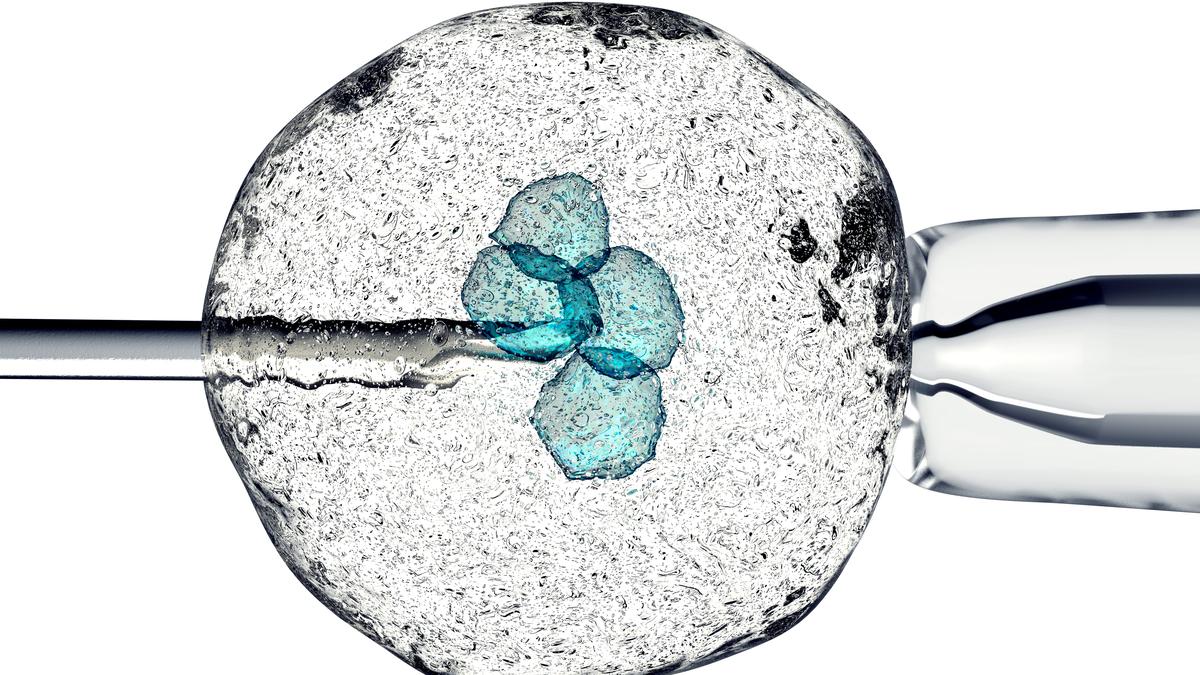
Stem cell therapy to cure T1 diabetes? The Indian perspective Premium
The Hindu
Cutting-edge stem cell therapy offers hope for a functional cure for Type 1 diabetes, but faces challenges in real-world application.
Stem cell therapy is a cutting-edge development in regenerative medicine that holds the promise of a functional cure for Type 1 diabetes (T1D) by enabling the body to regenerate insulin-producing beta cells.
A recent report of a woman with type 1 diabetes (T1D) in China who regained her insulin production has made headlines. She received a transplantation of reprogrammed stem cells that reportedly “reversed” the disease. It marks a significant milestone in diabetes management. This is the first ever successful breakthrough in regenerating functional insulin-producing cells through stem cell therapy. There are other such trials that are still underway.
T1D is an autoimmune condition where the immune system attacks and destroys the insulin producing beta cells of the pancreas, resulting in diabetes. That means you are insulin-dependent to manage the ailment for life. For decades, managing T1D has relied on insulin therapy alone. In type 2 diabetes, the insulin that is produced by the body is either insufficient or ineffective, which is managed mostly by taking oral drugs. Insulin may be needed in some cases.
Stem cell therapy in T1DM
The concept of stem cell therapy lies in regenerative medicine. Pluripotent stem cells that have the ability to transform into any cell type are pre-programmed into insulin-producing cells and transplanted into the human body. These pre-programmed cells will then start producing insulin and help regulate glucose. This is a potential game-changer in the treatment of T1D.
Scientists have been making great strides in creating the cells that would mimic the pancreatic islets in functionality from different pluripotent stem cell sources. These include embryonic stem cells (ESC), derived from early-stage embryos, which can differentiate into beta cells; and induced pluripotent stem cells (iPSCs), adult cells that can be genetically reprogrammed to a pluripotent state and can differentiate into insulin producing cells. These offer a less controversial alternative to ESC.
The challenges











